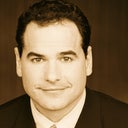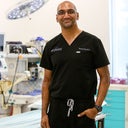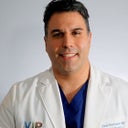Breast Augmentation in 4 Days. Fear of Dying From Anesthesia?
Hi, I'm 26 and a single mother to a 4 year old daughter. I have elected to get breast implants. My surgery is in 4 days (This Friday). I have wanted to get them done for a couple of years. I am healthy for the most part. I had asthma as a child but I don't have to take anything for it now as an adult. I have difficulties breathing with the weather change but that's it. I am a smoker and I have smoked up until today. I have a awful fear of dying from anesthesia and surgery. Is this normal?











